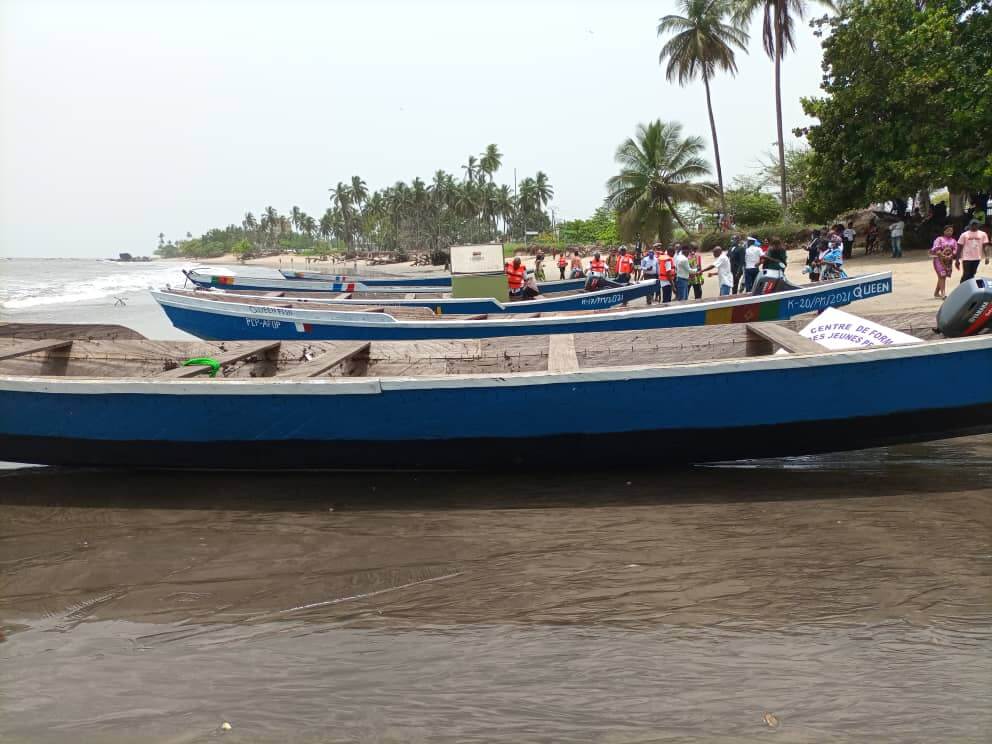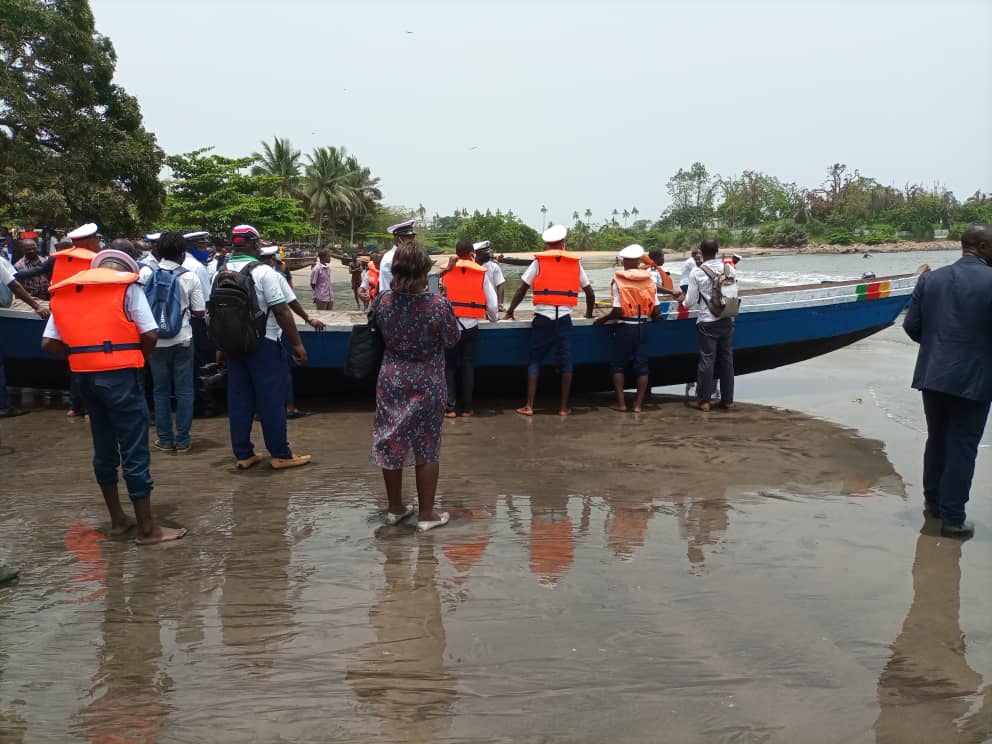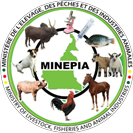Master Fishermen Training Center
The MINEPIA fishing training center in Bonamatoumbe , Debundcha , and Londji are part of a set of infrastructures set up by the Cameroonian government for the development of the fisheries sector and the improvement of the living conditions of coastal communities. These centers are intended to support local fishermen, improve the value chain of fishery products, and promote sustainable management of marine resources.
Here is a more detailed description of each center and their specific roles:
1. Bonamatoumbe fishing center (Littoral Region)
The Bonamatoumbe centre is located near Douala, in the Littoral region, a strategic coastal area due to its proximity to the Atlantic and its rich fishing resources.
Role and objectives:
- Training and supervision : This centre is used for training local fishermen on modern fishing techniques, resource management and sustainable use of equipment.
- Processing infrastructure : It offers facilities for processing fishery products (smoking, freezing, etc.), allowing fishermen to better value their catch and extend the shelf life.
- Promotion of artisanal fishing : The center encourages artisanal fishing, with adapted equipment and training on environmentally friendly practices.
- Technical and material support : Fishermen can benefit from subsidies for the purchase of modern equipment, such as nets, engines for pirogues, and fishing gear.
- Local development : In addition to fishing, the center participates in local development by improving the income of local communities.
2. Debundcha Fishing Center (South-West Region)
Debundcha Fishing Centre is located in the South West region, close to Limbe, a major coastal fishing town in Cameroon. Located near Mount Cameroon, Debundcha is known to be one of the wettest places in the world, which also influences local practices.
Role and objectives:
- Modernization of fishing practices : The center aims to modernize fishing techniques in a region where artisanal fishing is still the majority. This includes training on more efficient and less destructive capture techniques for the marine ecosystem.
- Supporting local communities : Debundcha is an area where many coastal communities depend on fishing for their livelihood. The centre supports these communities by providing them with equipment and training on resource management techniques.
- Conservation and management of marine resources : Being in a region with high marine biodiversity, the Debundcha fisheries centre helps to raise awareness on the importance of conservation of marine resources to prevent overexploitation.
- Improving the value chain : The centre helps fishermen improve the quality of their products, particularly through the provision of facilities for storage and processing, thereby increasing the fishermen’s income.
3. Londji Fishing Center (Southern Region)
Londji fishing center is located near Kribi in the South region, another key fishing area in Cameroon due to its rich fishing grounds in the Atlantic Ocean. Kribi is also in full development with the presence of a deep-water port and tourism development, which influences fishing activities.
Role and objectives:
- Development of artisanal fisheries : The Londji centre helps to structure artisanal fisheries, a key activity for the livelihoods of the local population. It encourages the use of new technologies, such as ecological nets and engines for pirogues that reduce costs and increase efficiency.
- Storage and processing infrastructure : To improve product quality, the centre has refrigeration and processing facilities. This allows fishermen to preserve fish for longer and prepare them for the market, thus increasing added value.
- Marketing support : The centre also provides assistance in marketing fishery products on local, national and sometimes international markets, ensuring compliance with health standards.
- Marine Resource Management : Being in a tourist region and with the expansion of port infrastructure, sustainable management of fisheries resources is essential. The center works to raise awareness among fishermen about the preservation of marine species and habitats.
- Pilot projects and research : This center also participates in pilot projects aimed at testing new sustainable fishing techniques or programs for restocking local fishery resources.
4. Common objectives of MINEPIA fishing centers
These three fishing centers share common objectives:
- Capacity building : Fishermen are trained in modern and sustainable fishing practices, thereby reducing environmental impact while increasing productivity.
- Infrastructure improvement : The centers are equipped to offer processing, storage and preservation services for fishery products, thus improving the quality of the products and the income of fishermen.
- Socio-economic development : These centres are important levers for the economic development of coastal communities, by providing jobs, improving incomes through better valorization of fishery products and encouraging complementary activities such as aquaculture.
- Support for sustainable fisheries : The centres promote the sustainable management of marine resources, particularly through awareness campaigns on the preservation of endangered species and the fight against illegal fishing.
5. Challenges and perspectives
- Challenges : Despite the infrastructure in place, fishing centres may face challenges such as lack of funding, difficulties in accessing markets, marine pollution or even illegal fishing.
- Outlook : With the expansion of the tourism sector (particularly in Kribi) and the modernization of port infrastructure, there are great opportunities for these centers to increase their impact, particularly through partnerships with the private sector and international sustainable development projects.















